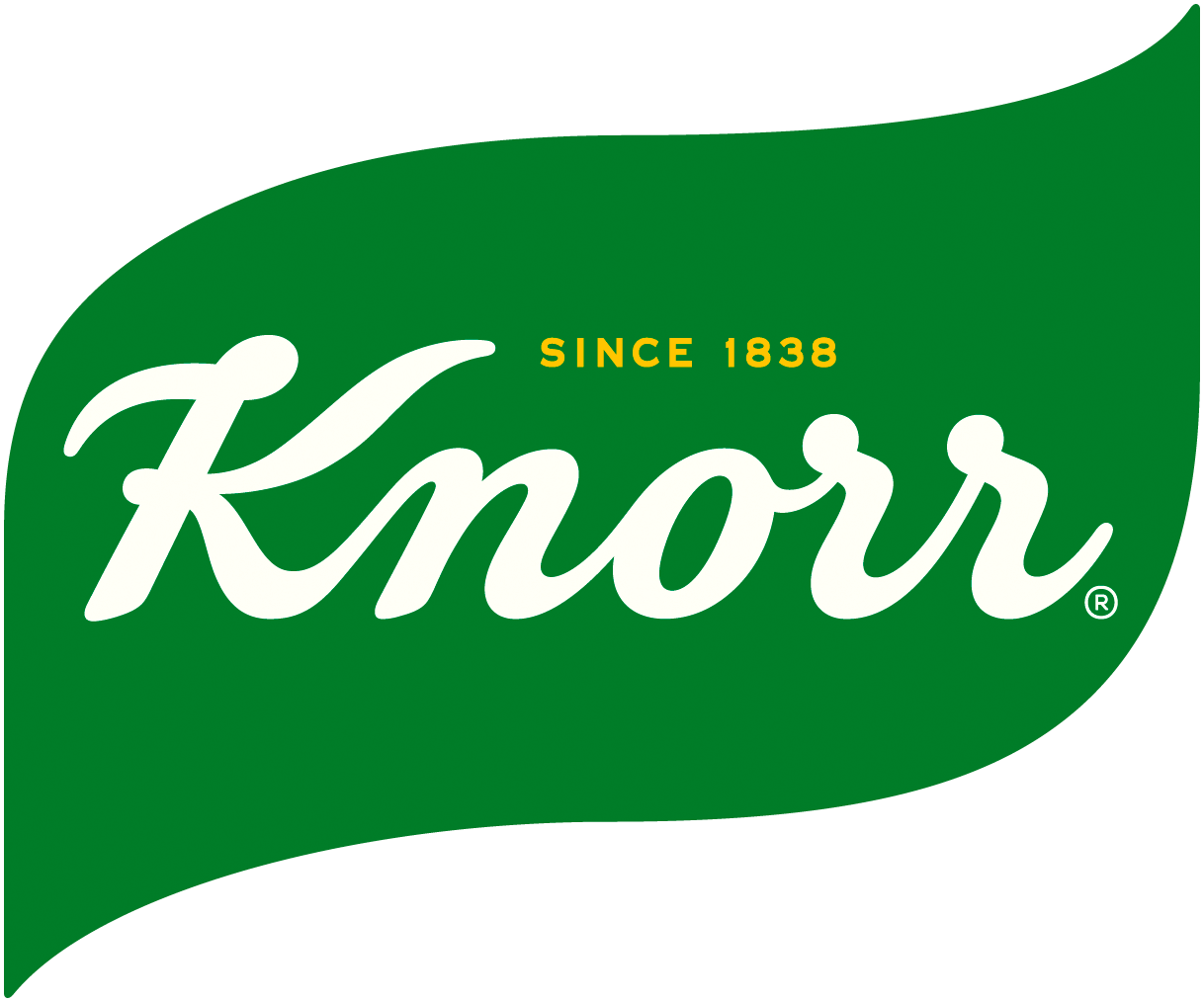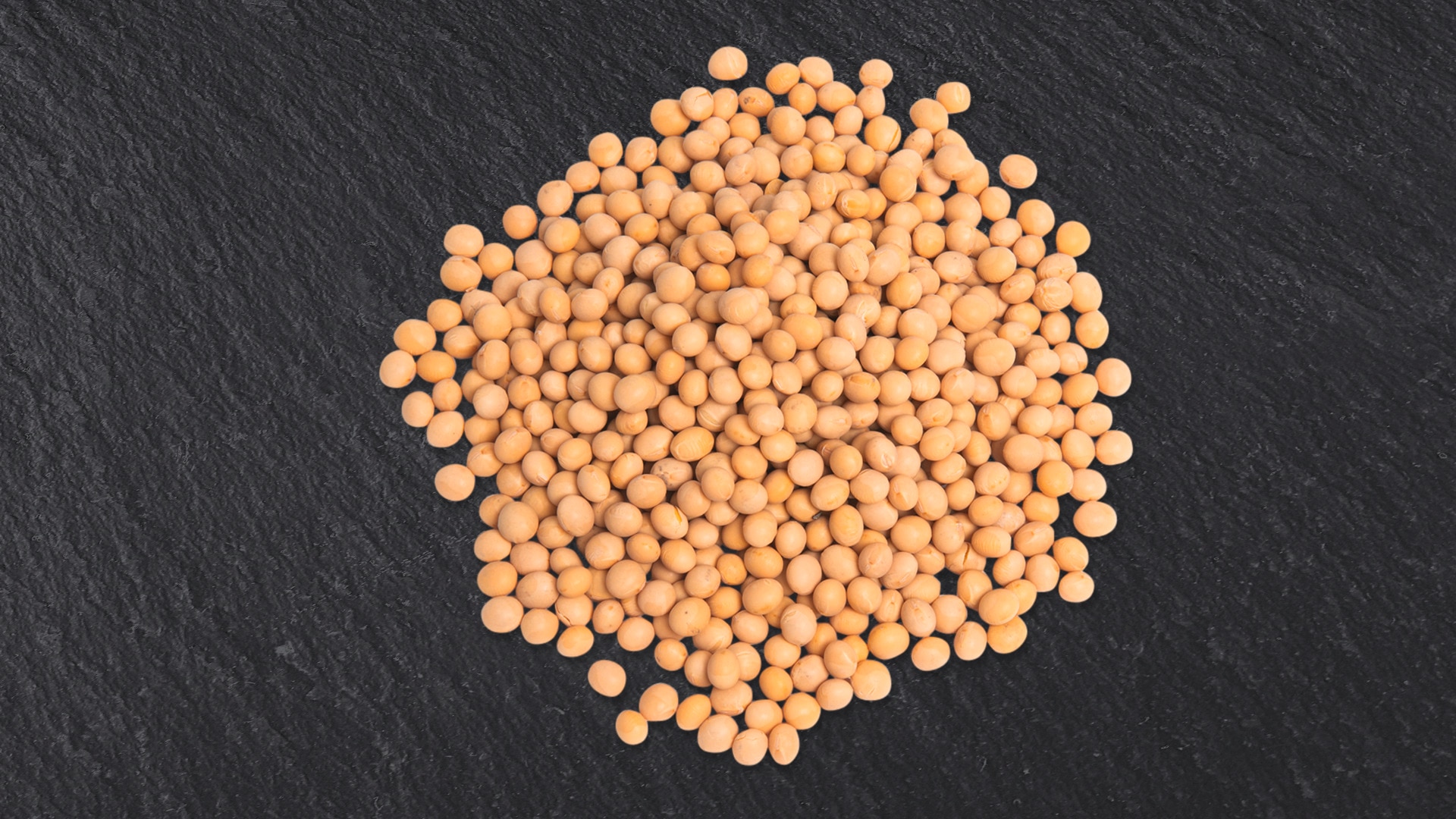Skip to:
Soy (soya) is a pivotal part of the world’s food system. High in protein, soy has transcended its Asian origins to become the most widely grown legume across the globe. Cultivated for well over 9,000 years, soy was regarded by the ancient Chinese as a necessity for life. It was eaten as a source of protein and crushed for its oil, which now accounts for a large proportion of global vegetable oil consumption.
Soy’s nutritional value makes it an undoubtedly powerful food. Raw soy beans contain 38 grams of protein per 100 grams, which is similar to pork and three times more than an egg. In fact, soy – which delivers more protein per hectare than any other crop – also contains vitamin K and B in addition to significant amounts of iron, manganese, phosphorus, copper, potassium, magnesium, zinc, selenium and calcium. Nutrient-packed soy comes in a variety of products and formats including Tofu, soy milk, miso, tempeh and edamame.
Despite its versatility and nutritional value, three-quarters of all soy produced is not for human consumption, but rather for animal feed. It takes a high volume of soy as animal feed to produce only a small amount of meat, which highlights the inefficiency in the food system. Poultry is the number one livestock sector that consumes soy beans followed by pork, dairy and beef.
The current and predicted steady increase in meat consumption poses major challenges to sustainable soy production. Cultivation of soy may drive deforestation, damaging natural ecosystems such as the Amazon, Cerrado and Chaco – home to spectacular wildlife like jaguars, giant anteaters and armadillos.
Progress is being made. The negative impact of soy production has been slowed by collaborative market initiatives like the Amazon Soy Moratorium, reducing soy-driven deforestation levels in the Amazon rainforest to almost zero. Unilever, Knorr’s parent company, is actively working with other industries and NGO stakeholders to call for a halt in conversion of the Cerrado. Unilever is leading by example by buying sustainably certified soy oil for their products, such as Hellmann’s mayonnaise, and by actively promoting sustainable sourcing standards.
Ultimately, lowering the demand for soy as animal feed is a critical lever for reducing the deforestation caused by soy production. Shifting to more plant-based foods, including soy, will help to reduce the demand for soy as animal feed, taking pressure off fragile ecosystems, while increasing availability of nutritious sources of protein.

